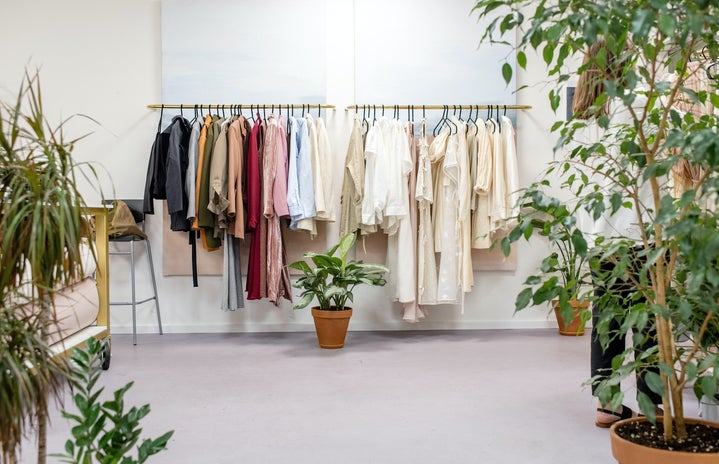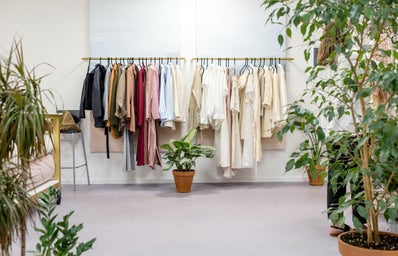When I was in high school, I never bothered to find my style since I spent most of my time in my school uniform. Makeup wasn’t allowed, so I didn’t need to care about my physical appearance either. However, I knew that part of growing up as a woman meant that I would need to learn how to dress and look well (thanks, patriarchy!) to get hired and taken seriously. So after graduating, I started to learn how to do my makeup and tried finding my style. I did this by religiously following the fashion and beauty rules; who am I to question the experts with tons of experience? After almost 3 years, I can safely say that following these rules like I did was useless.
If you’re anything like me, you probably have chosen your clothes based on charts that compared your body type to fruits or shapes. First of all, who thought of the weird idea to compare a woman’s body with fruits? The entire idea of categorizing our body types is ridiculous as well. As cliché as it is, every body shape is uniquely different, and trying to group this diversity into so few options isn’t logical. It also doesn’t take into account height and body proportion, which plays a role in how clothes will fit a person. This whole concept gave me an entire identity crisis and did nothing to help my body dysmorphia as I couldn’t pinpoint which exact category I fit into.
After months of trying to adhere to these lists, I also realised that the clothes it said would look best on me were quite outdated. It’s fine if your personal style isn’t “up to date,” but I always assumed that these rules would help me find clothes that were trendy, comfortable, and stylish. Alas, I shouldn’t have had such high expectations. One of the clothes that was “meant for my body shape” was *gasps* skinny jeans. Besides the fact that people think it’s blasphemy to wear them now, I find skinny jeans incredibly uncomfortable. This made me realise that the clothes suggested for each body type neglects current trends and personal comfort. Overall if the clothes suggested aren’t what you like, it’s best not to buy them even if it’s supposed to “flatter your figure best.”
I also found that these beauty “rules” don’t encompass aesthetics. Besides that, many of these rules are based on beauty standards, which isn’t a fixed concept. The evolution of what society has deemed beautiful and perfect is never the same throughout. I’ll give it another 30 years, and I bet the standards will have changed. Many of these rules are promoted as timeless, but nothing is timeless in the fashion and beauty industry. Especially with fast fashion and mass consumerism, not one specific look will be popular forever. These beauty rules not incorporating different aesthetics meant that the silhouettes the rules deem as universally attractive don’t always align with different fashion aesthetics. For example, the ancient rule of accompanying a baggy article of clothing with a tight one doesn’t necessarily apply to the streetwear aesthetic; most of Billie Eilish’s outfits are proof that this rule can be broken and you can still look great.
Beauty standards are a social construct and shouldn’t be taken seriously. They’re also highly unattainable, and it’s unhealthy to obsess over them. Your appearance not being an exact match to these standards doesn’t hold up much weight in today’s society anymore. There are so many different aesthetics and styles that are so varied from one another, the traditional definition of beauty has been blurred. These outdated fashion rules should be seen as a stepping stone for the clueless to discover their own personal preferences rather than be the handbook of all fashion sense. There’s other ways to find your style besides adhering to these rules, like finding inspiration from Pinterest, movies, or celebrities. Learning what suits you and what you like best takes a long time, and even though it can get disheartening not to find what makes you feel confident, just hang in there and have fun exploring.


